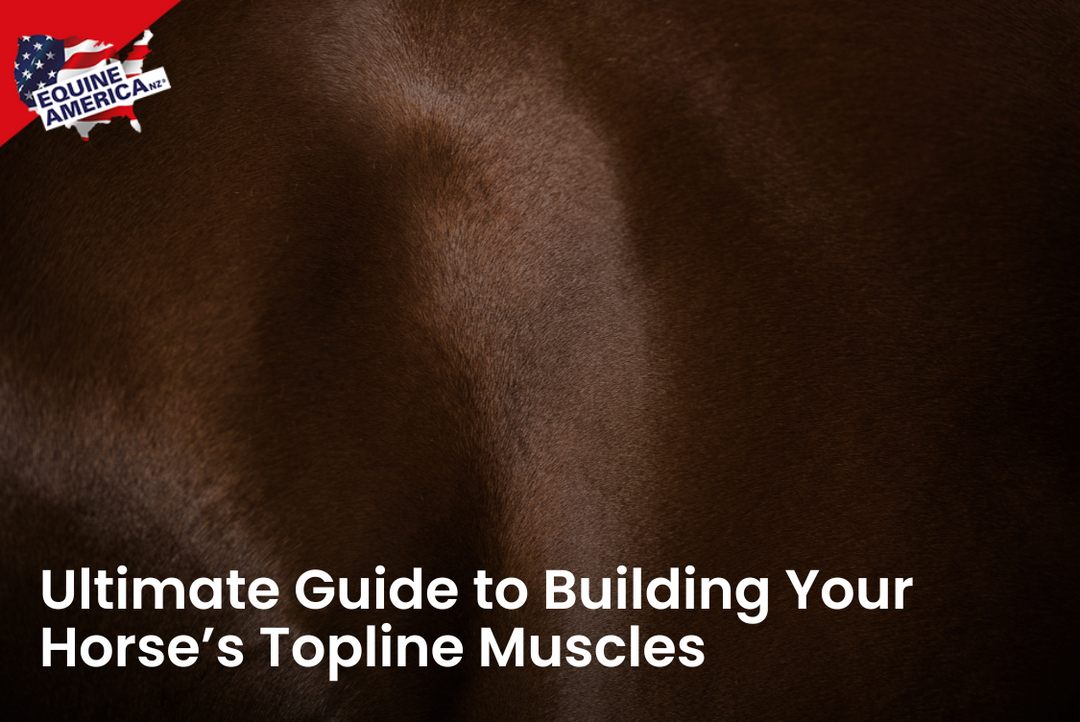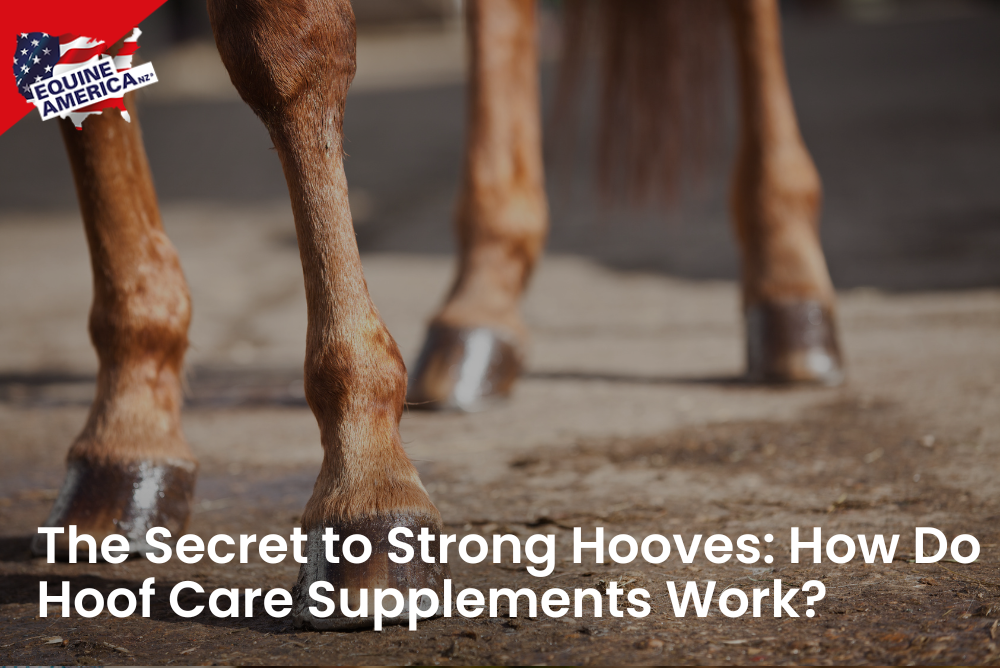Proper nutrition is crucial for the health and well-being of horses. In addition to carbohydrates, proteins, and fats, horses require a balanced intake of essential vitamins and minerals. These nutrients play vital roles in various physiological processes, supporting growth, immunity, and overall performance.
This article provides a comprehensive overview of the 11 key vitamins and minerals that are essential for horses' optimal health.
Vitamin A
Vitamin A is a fat-soluble vitamin that plays a critical role in vision, cell differentiation, and growth. Horses obtain vitamin A from carotene pigments found in green forage, which are then stored in fat cells. While deficiencies are rare in horses fed adequate forage, excessive supplementation can lead to toxicity.Vitamin D
Vitamin D is essential for calcium absorption and regulation, promoting healthy bones and teeth in horses. It can be synthesised through exposure to sunlight, and dietary sources include certain feed ingredients. Adequate levels of vitamin D are crucial for overall skeletal health and immune function.Vitamin E
Vitamin E is a powerful antioxidant that protects cell membranes and plays a crucial role in muscle function. Horses primarily obtain vitamin E from fresh forage, but supplementation may be necessary in certain situations. It is particularly important for horses in intense exercise or those with muscular disorders.Vitamin C
Vitamin C is not considered an essential nutrient for horses as they can synthesize it in their bodies. However, supplementation with vitamin C may be beneficial in certain circumstances, such as during periods of stress or illness. It supports the immune system and acts as an antioxidant.B Vitamins
B vitamins encompass a group of essential vitamins that play crucial roles in metabolism and overall health. They include thiamin, riboflavin, niacin, biotin, and folic acid, among others. Horses obtain B vitamins from fresh green leaves, cereal grains, and intestinal bacterial synthesis. Deficiencies in B vitamins can lead to various health issues, and supplementation may be necessary in certain cases.Calcium
Calcium is a mineral that is vital for horses, as it plays a fundamental role in skeletal development, muscle contraction, and nerve function. Horses acquire calcium from calcium-rich feeds and forages. Proper balance with other minerals, such as phosphorus, is crucial for maintaining optimal health.

Phosphorus
Phosphorus is another essential mineral required for horses, particularly for energy production, skeletal development, and overall cellular function. It is found naturally in various feed ingredients, and maintaining the correct phosphorus-to-calcium ratio is important for maintaining a balanced diet.Magnesium
Magnesium is involved in numerous metabolic processes and is essential for muscle function and nerve transmission in horses. It is present in forages and other feed sources. Monitoring magnesium levels and addressing deficiencies through supplementation is important for maintaining overall health and well-being.Zinc
Zinc is a trace mineral that plays a crucial role in various enzymatic reactions and immune functions in horses. It can be obtained from zinc-rich feed options and is important for overall horse health. Proper daily intake and potential supplementation should be considered to ensure adequate zinc levels.Copper
Copper is essential for several physiological processes, including iron metabolism and connective tissue development in horses. Dietary sources of copper include specific feed ingredients, and meeting copper requirements through proper nutrition is crucial. Maintaining the right balance of copper intake is important for overall horse health.Selenium
Selenium is a vital mineral for horse nutrition, serving as a cofactor for antioxidant enzymes. Selenium levels can vary based on geographical regions, and supplementation considerations should be taken into account. Proper doses of selenium are crucial to avoid deficiencies or toxicities.
Final Thoughts
Providing horses with a balanced diet that includes the essential vitamins and minerals discussed above is crucial for their overall health and well-being. These nutrients play key roles in various physiological processes, supporting growth, immunity, and overall performance. By prioritising their nutritional needs and ensuring proper supplementation, we can contribute to the optimal health and quality of life of our equine companions.
If you’re looking for high-quality equine vitamins and supplements, consider exploring the range of products offered by us here at Equine America NZ. Our extensive selection, formulated with the well-being of horses in mind, may provide you with suitable options to support your horse’s overall health and performance.
Please give us a call at Equine America NZ today at 0800 440 888 to learn more or leave an enquiry.




